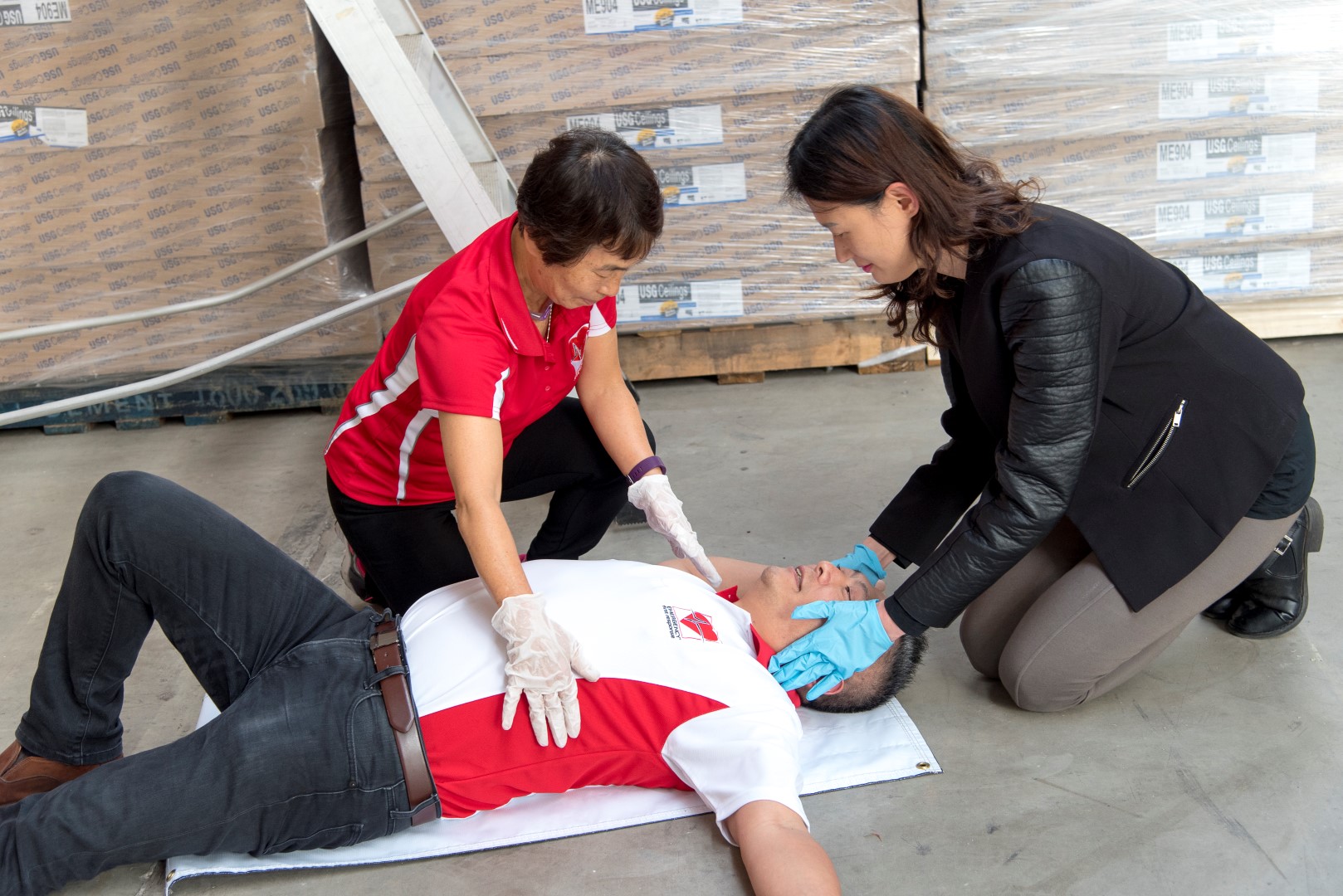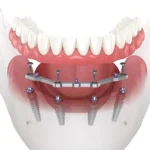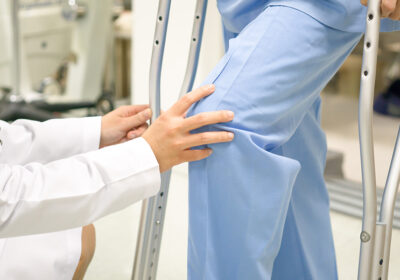
How to Respond to an Emergency in a Hospital: Basic First Aid Training
Hospitals are environments where emergencies are a common occurrence. Knowing how to respond effectively can save lives and prevent further complications. Basic first aid training is essential not only for healthcare professionals but also for visitors and other non-medical staff within the hospital. This article will guide you through the steps to take in case of an emergency in a hospital setting.
Assess the Situation
Stay Calm and Assess Safety
The first step in any emergency is to stay calm. Assess the situation carefully to ensure your safety and that of others around you. Check for any immediate dangers such as fire, hazardous materials, or structural damage.
Call for Help
Do not assume that others have already called for help. Immediately alert hospital staff or call the emergency number provided by the hospital. Clearly state the nature of the emergency and the exact location to expedite the response.
Administer Basic First Aid
ABCs of First Aid
While waiting for professional medical help, you can administer basic first aid if you are trained. Remember the ABCs of first aid: Airway, Breathing, and Circulation. Ensure that the patient’s airway is clear, check for breathing, and if necessary, start CPR (Cardiopulmonary Resuscitation) immediately.
Control Bleeding
If there is bleeding, apply firm pressure to the wound with a clean cloth or bandage. Keep the pressure steady until medical help arrives. Avoid moving the patient unless absolutely necessary to prevent further injury.
Use Hospital Resources
Locate Emergency Equipment
Familiarize yourself with the location of emergency equipment such as defibrillators, first aid kits, and emergency call points. This knowledge can be crucial in a time-sensitive situation.
Collaborate with Hospital Staff
Once the hospital staff arrive, provide them with any important information about the situation and the patient. If you have basic first aid training, offer your assistance if it’s needed. Otherwise, follow the instructions of the medical professionals.
Continuous Learning and Preparedness
Engage in Basic First Aid Training
Regularly participating in basic first aid training courses can prepare you for handling emergencies effectively. Many hospitals offer first aid training sessions for staff and volunteers.
Stay Informed
Keep updated with the hospital’s emergency procedures and participate in any drills that are conducted. Knowing what to do in an emergency is as crucial as the immediate response.
Conclusion
Responding promptly and efficiently to an emergency in a hospital can significantly impact the outcomes for the patient. Whether you’re a medical professional, staff member, or visitor, basic first aid training equips you with the knowledge and skills needed to act decisively. Always remember to assess the situation, call for help, and use available resources wisely.


















